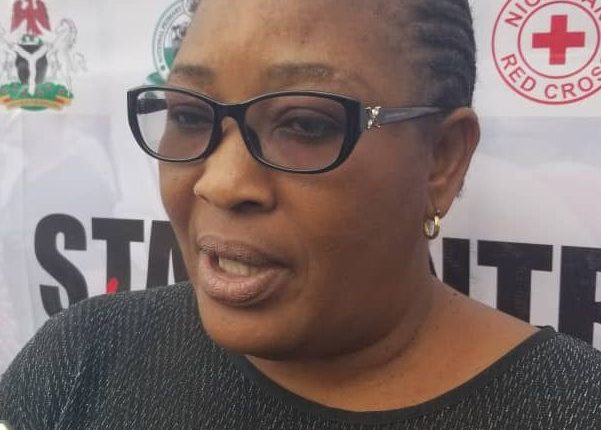Community engagement curbing disease spread in Cross River — Kasi, Director, Disease Control, Immunization primary health care agency
|
Getting your Trinity Audio player ready...
|
By Akpan David, Calabar
Constant sensitization and regular community engagement by health authorities in Cross River State are significantly helping to reduce health risks and prevent disease outbreaks.
Mrs Kasi Eyong, Director of Disease Control and Immunization at the Cross River State Primary Healthcare Development Agency, stated this during an interview at a two-day “Saving Lives and Livelihoods” engagement with stakeholders.
It was organized by the Nigerian Red Cross Society with support from MasterCards and Africa Centres for Disease Control and Prevention.
“In Cross River State, we don’t have a high prevalence of specific diseases. This is the result of our continuous engagement with local communities,” Kasi said.
She emphasized that consistent grassroots involvement remain critical strategies in maintaining the state’s relatively low disease burden.
‘We’ve impressed on the people the importance of hygiene, keeping environment clean and early visits to healthcare centres.
“Due to regular engagements with community people in various LGAs, we have been able to cushion effects of diseases and possible outbreaks of diseases.
“The state is not currently battling with any particular diseases because of our intensive sensitization”, Kasi stressed.
She also advised people not to defecate indiscriminately and in the open, warning that often these faeces contaminate water sources.
“We have regularly advised people especially in local communities to boil and filter water fetched from ponds and streams.
“Luckily, many have imbibed our advice to always boil and filter the water before drinking. These cautions have helped to control diseases outbreaks,” she noted.
Speaking similarly, Mr Eni Joseph, state secretary of Nigerian Red Cross Society, said their work entails saving lives and livelihoods .
“This phase 2 engagement of stakeholders focuses more on how to penetrate the hinterlands to save lives.
“Today’s engagement helps to derive data to strengthen our life saving works. With the understanding we have with all stakeholders, reaching the local communities will become easier,” he said.



Comments are closed, but trackbacks and pingbacks are open.